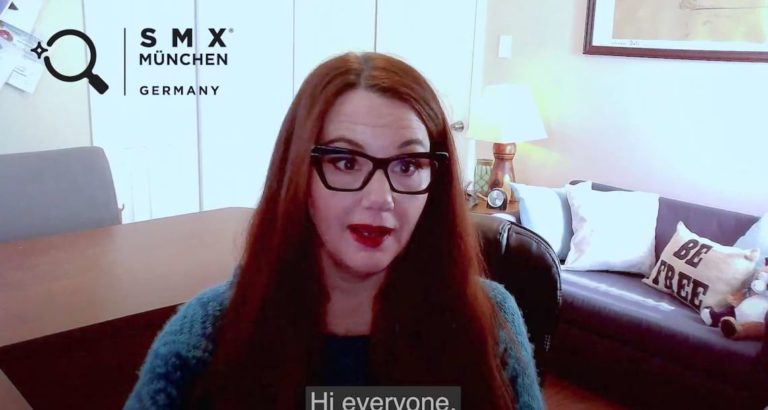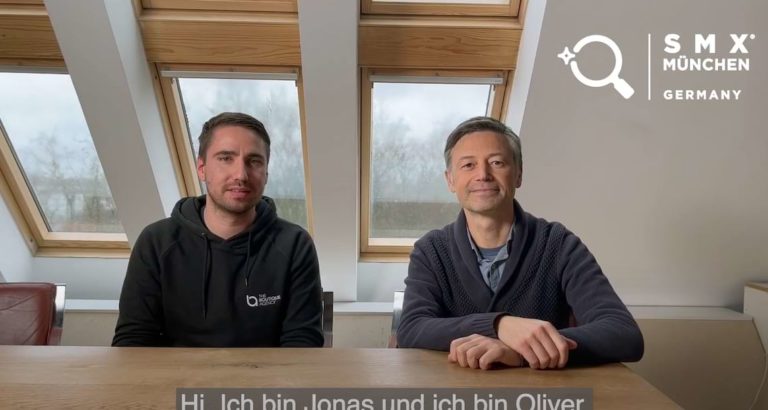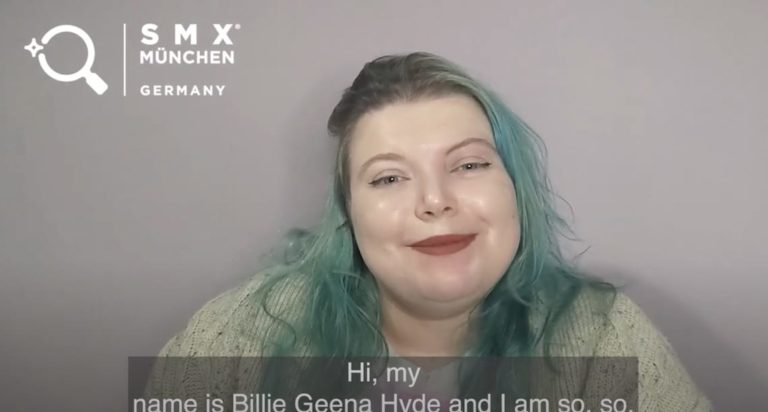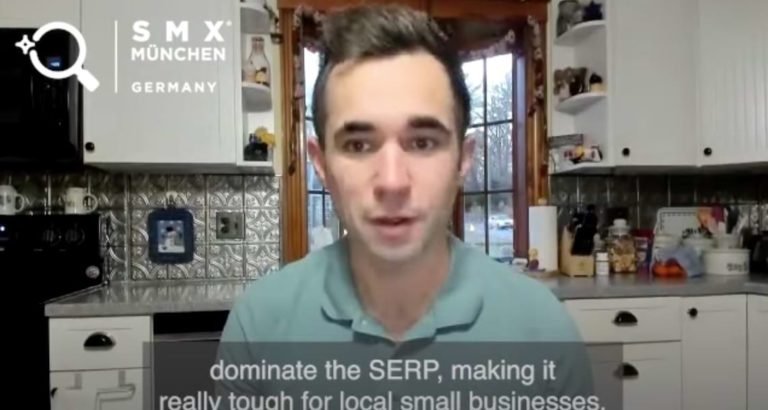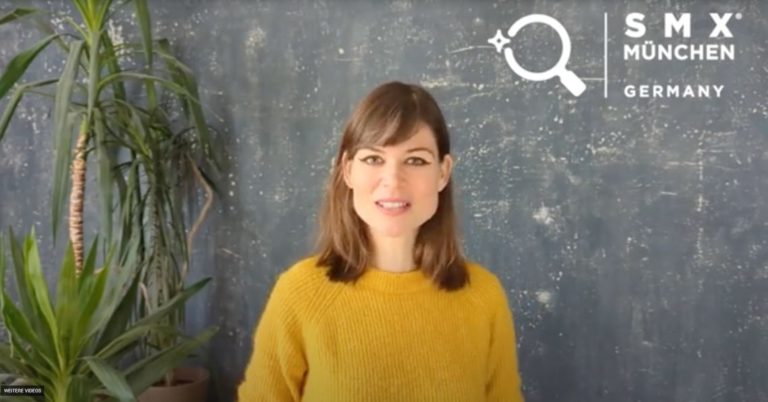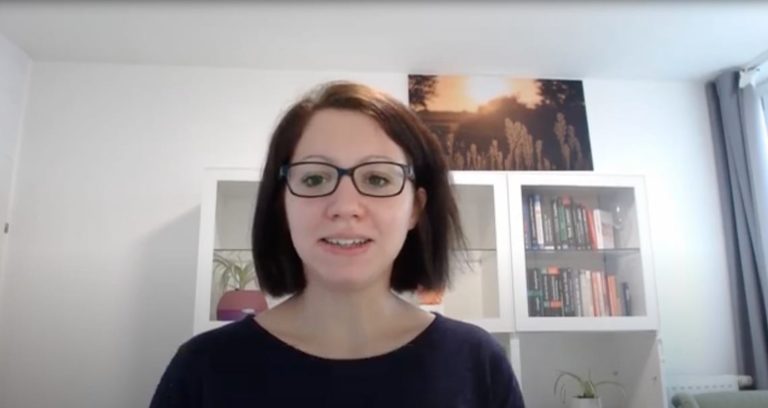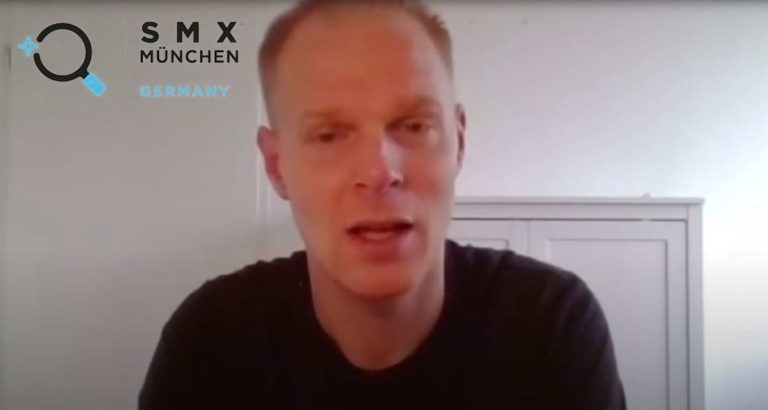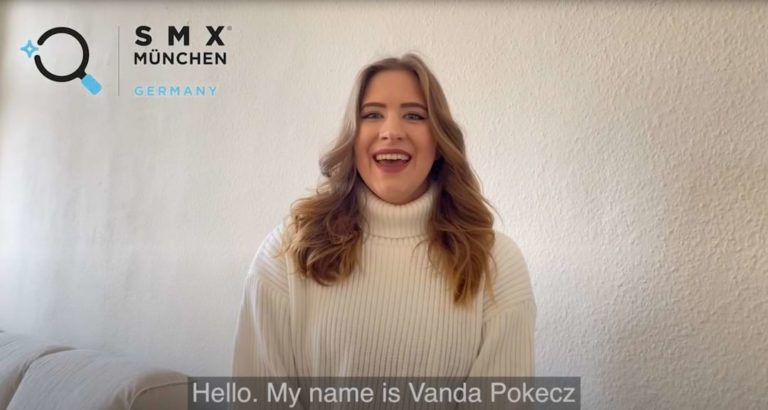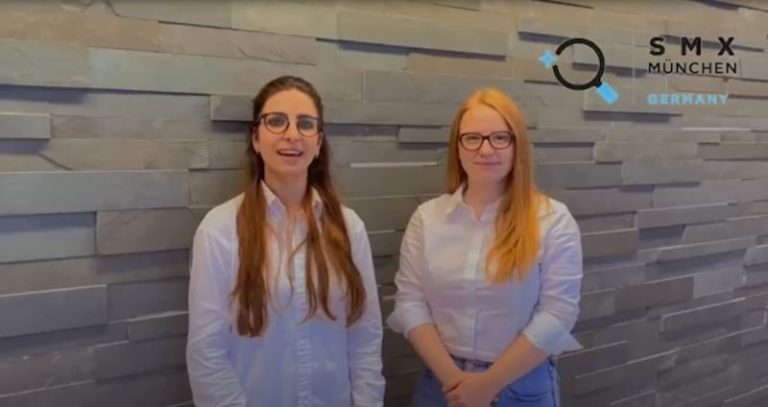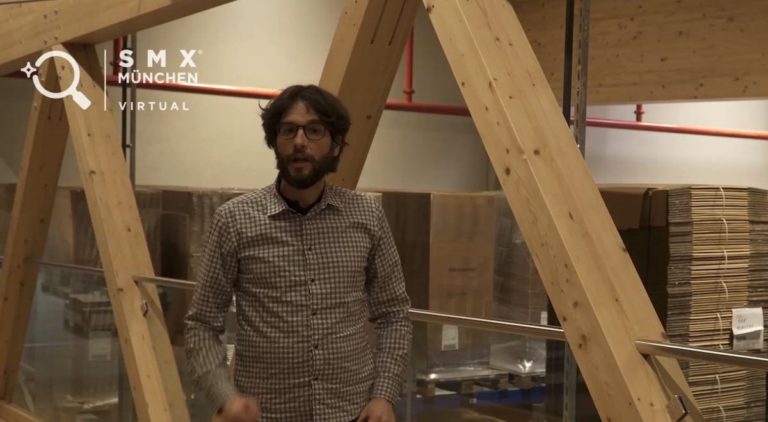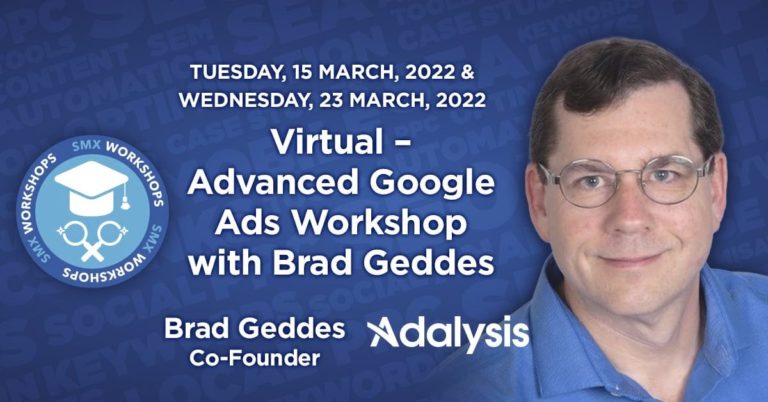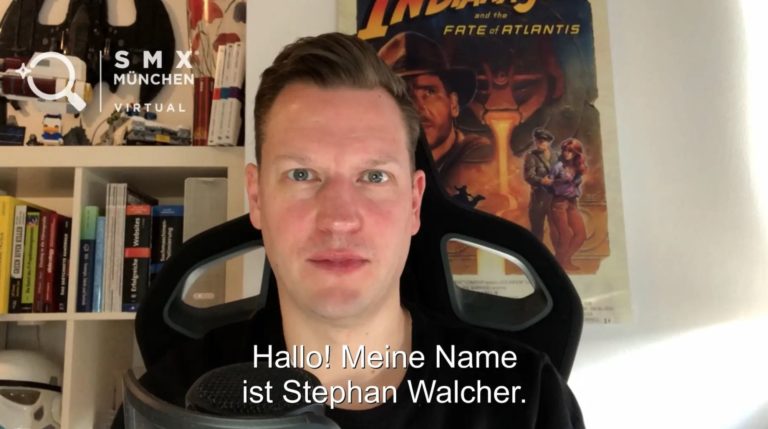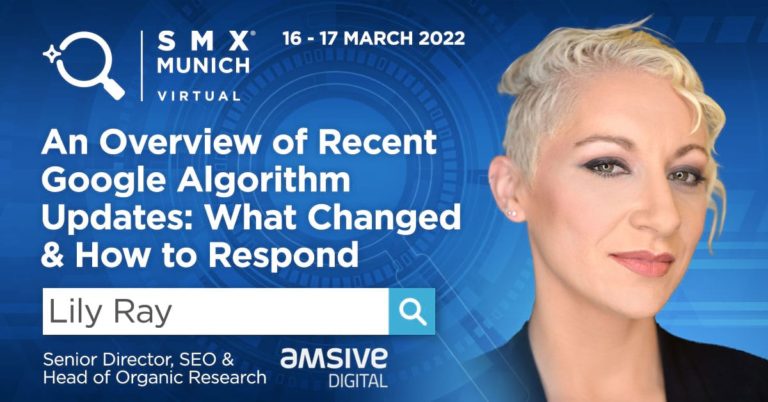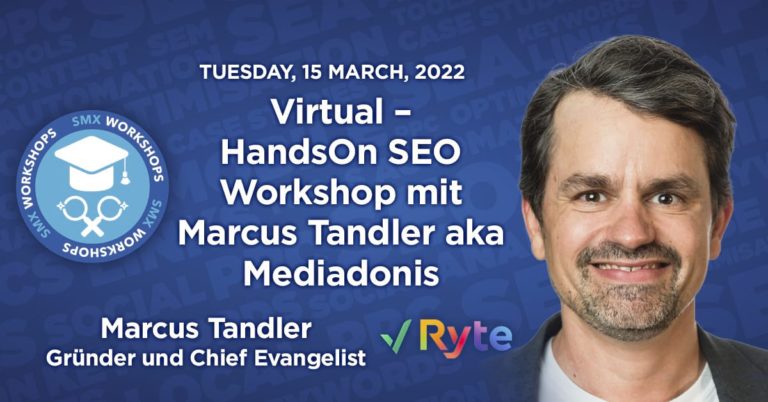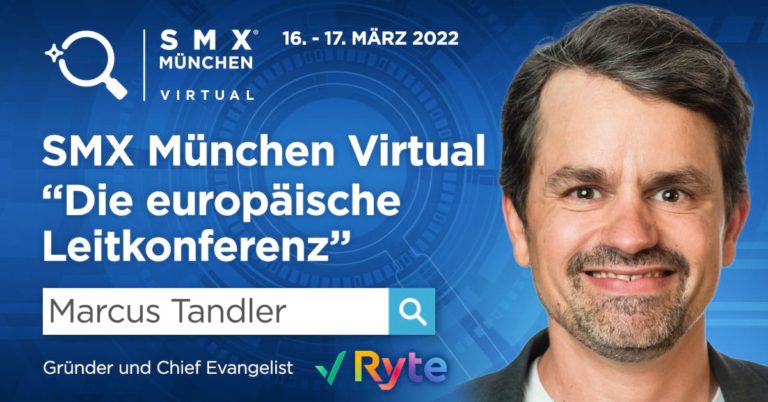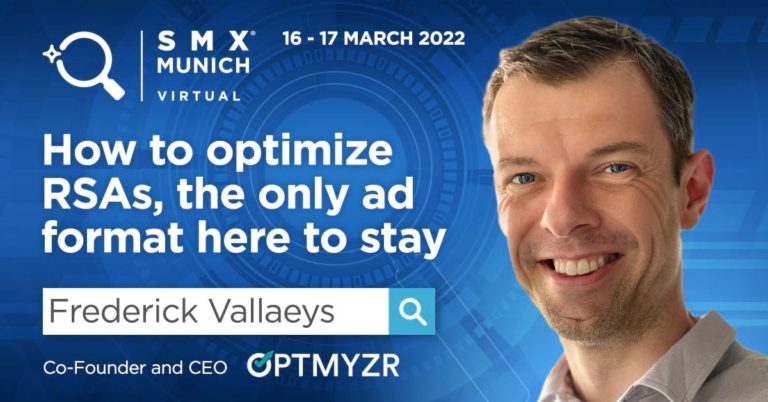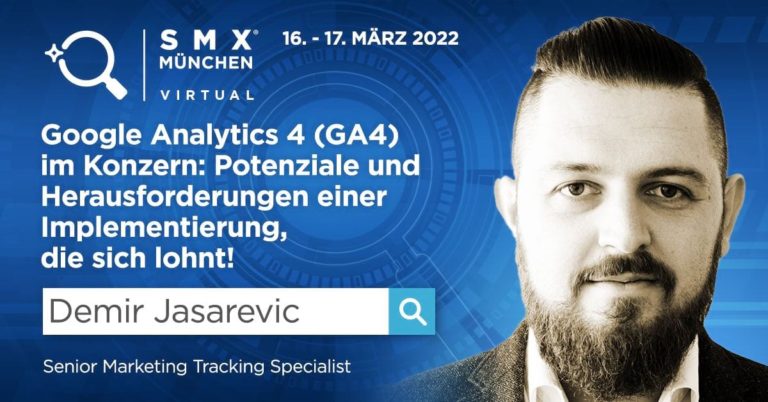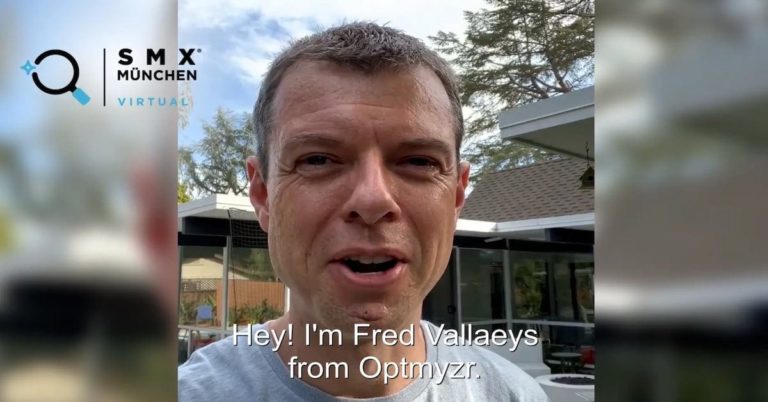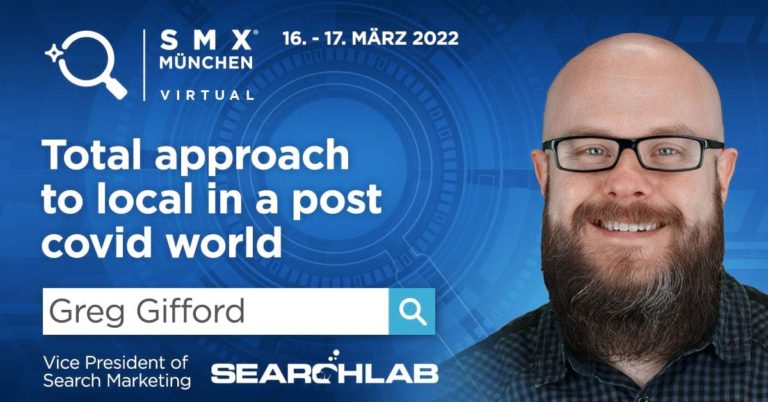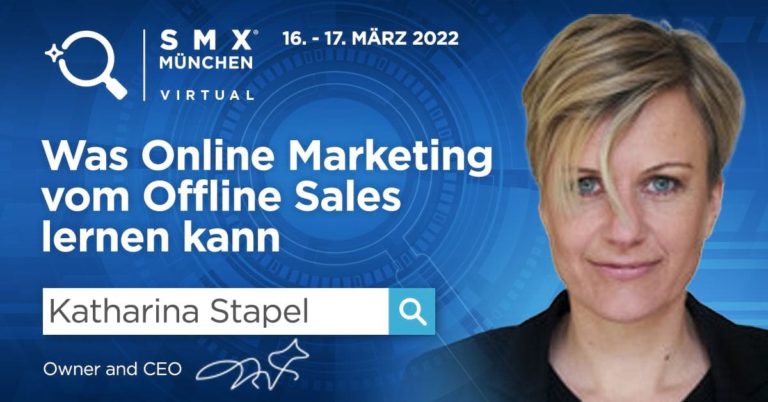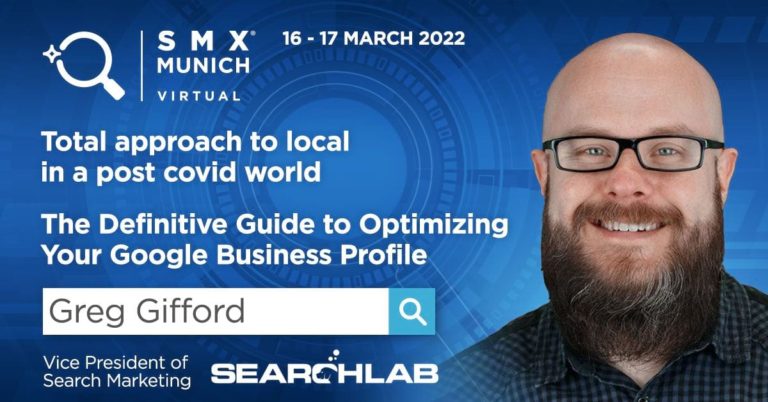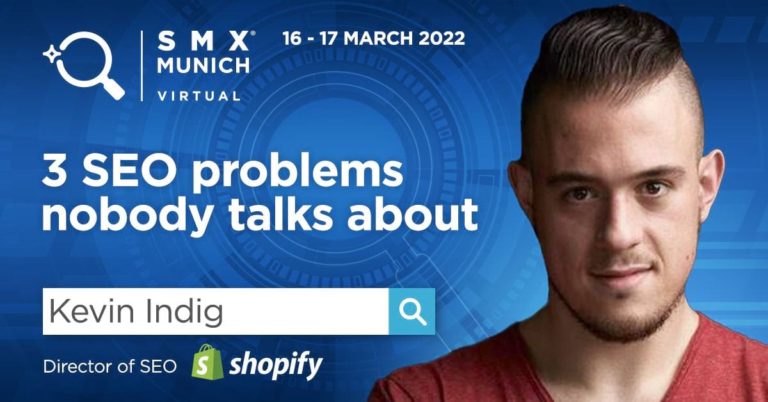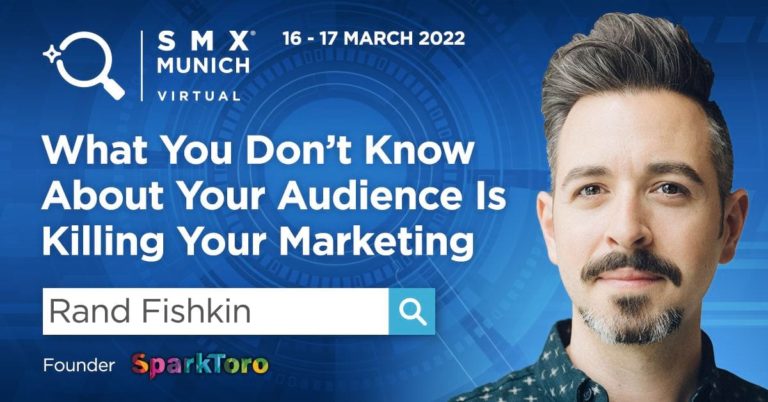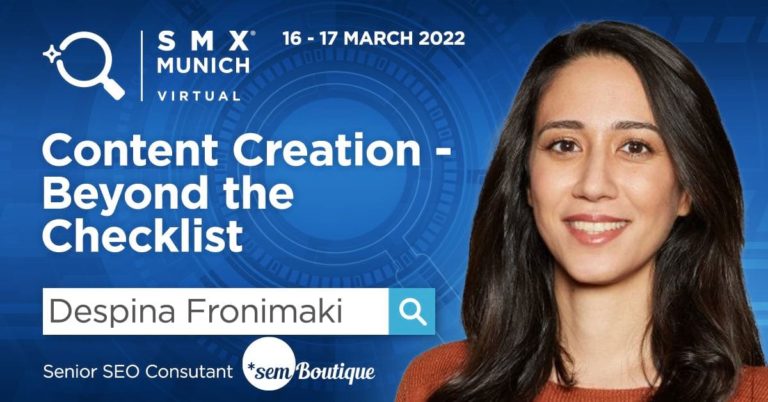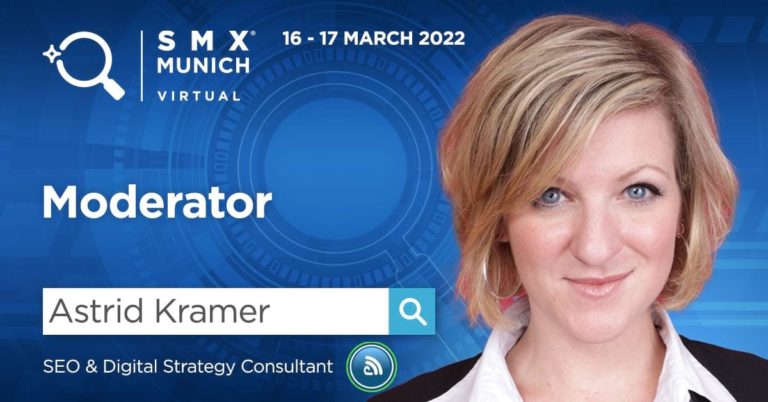
What is the first thing you do when you come to the office in the morning?
Was ist deine erst Tat, wenn du morgens ins Büro kommst?
Marty Weintraub: Drink strong coffee
Dela Quist: I usually get to the office first so my routine is: Open up the office go to my desk, set up and turn on my laptop. Then to the kitchen to make a pot of coffee. Then I start with my emails – because we have a US office I have quite a few to deal with first thing.
I continue with this until people start coming to my office and then I guess the day really starts.
Brad Geddes: Make coffee & open the windows. The natural light and coffee wakes me up; then I get into feedly to check-up on what’s been happening before starting my day.
Rand Fishkin: Email! I’m a huge email addict and I am constantly striving to get to inbox 0.
André Morys: Ich hole mir erst einmal einen Kaffee und sage den Kollegen „Hallo“. 🙂 Da ich die meiste Zeit unterwegs bin, freue ich mich immer auf die wenigen Office-Tage, die ich habe.
Do you switch off your mobile phone at night?
Schaltest du dein Handy nachts aus?
Marty Weintraub: The ringer is on. Alerts and vibration are off. The idea is that if you know my phone number, you can wake me in an emergency with a call. I take DMs and texts in
the AM, not when I get up in the night. The exception to leaving the ringer on is when I’m in time zones, which are very different. Sometimes I’ll protect sleep by shutting the whole damn thing down.
Dela Quist: No because I use it as my alarm and as a pure voice device it is no different to when I used to have a landline by my side. I do not get the urge to check emails or do any social/business media once I go to bed
Brad Geddes: Yes & no. I use my phone as my clock; so it is on. However, I use the do not disturb mode and my phone automatically is completely silent all night. I never check my phone in the middle of the night – I don’t even look at Facebook, twitter, email, etc before bedtime.
Rand Fishkin: I plug it in in another room, but I actually never have the ringer on. I really dislike phone calls, and rarely ever answer my phone 🙂
André Morys: Nein, aber ich schalte es in den Flugmodus. Die Strahlen sollen ja schlecht sein für Körper und Geist 🙂
On which social media channel are you most active? Why this channel?
Auf welchem Social Media Kanal bist du am häufigsten zu finden und warum?
Marty Weintraub: I like Twitter because ‘the’ Twitter helped make me a better storytelling writer. Also I love the public transparency and availability of data. There’s nowhere to hide in Twitter, if one is not authentic. It’s there for all to see.
Dela Quist: I am only active on LinkedIn and Twitter because they are both very suited to business. I hardly ever use social media personally, because I have a life.
Brad Geddes: I use Twitter the most. I find that Twitter has a more conversational tone, recent information, and doesn’t feel as intrusive as other media channels.
Rand Fishkin: Twitter – I love the immediacy, the accessibility, the 140 character limitation, and the power to follow and connect with anyone.
André Morys: Ich muss ehrlich sagen, dass ich sowohl Facebook als auch Twitter ein wenig eingeschränkt habe nachdem ich schon vor einiger Zeit „Suchtsymptome“ bei mir festgestellt habe. Seite ich die App nicht mehr auf dem Handy habe, geht es mir besser. Im Zweifelsfall bin ich aber über alle Social Media Kanäle trotzdem noch gut erreichbar.
Do you still shop offline?
Kaufst du noch Offline ein?
Marty Weintraub: Yes, mostly for instant gratification, products and/or services that just can’t be shipped as well. Not a lot feels better than putting a big ass LED Flat Panel in the back and taking it on home. I still like looking at every TV option in the store, back and forth. I’d pay more for a human to help me in the store.
Dela Quist: Yes.
Brad Geddes: Yes; but I rarely buy anything offline except for groceries. I like to hand pick my fish & produce and while online grocery shopping has come a long ways (especially fruit); I’m a picky shopper & cook when it comes to seafood so I like to see and pick exactly what I’m buying for the kitchen.
Rand Fishkin: I do. I still rarely buy any clothing or books online, and I’ve never bought furniture or artwork that way. Even most physical gifts I buy are in person somewhere, still.
André Morys: Ja, manchmal schon – aber tatsächlich sehr selten. In meiner Größe probiere ich doch noch lieber die neue Jacke an, bevor ich sie online bestelle und zurückschicken muss. Das ist für mich tatsächlich mehr Stress.
Will you share your favourite app and your favourite blog with us?
Verrätst du uns deine Lieblings App und deinen Lieblings-Blog?
Marty Weintraub: First, my current phone is a Samsung S6 Active and it rocks…battery life toasts the S6Edge or straight S6. So that makes me a Google Play Store kind of guy.
My use everyday Apps are Google Maps, Spotify, SiriusXM Radio and Twitter. Often used Apps include Delta, Kayak & Flashlight. I run Facebook in a browser, which is awesome.
Dela Quist: My favourite App always has been and always will be email. My favourite blog is the Only Influencers blog http://www.onlyinfluencers.com/
Brad Geddes: That’s tough. If I had to choose one I can’t live without, it’s probably Inbox by Google. However, I really like Google Now, so I do use Trello, Feedly, Google Calendar, and Keep a lot (as well as others) that feed into Google Now.
My favorite blog is Search Marketing Land. I can’t imagine not having SearchCap everyday – Barry does an amazing job with the daily roundup of all the top stories around the web.
Rand Fishkin: Favorite app – lately, it’s been Fitbit. The tracking of health stats has been powerful for me.
Favorite blog – well, if we rule out Geraldine’s, it’s probably Maptia.
André Morys: Eine Lieblings-App habe ich gar nicht um ehrlich zu sein. Da ich viel Reise, nutze ich Lufthansa und Bahn App sehr häufig – aber eher, weil ich es muss 🙂
Apple, Amazon, Facebook and Google – in 10 years from now, which will be the most important company?
Apple, Amazon, Facebook und Google – wer ist in 10 Jahren am wichtigsten und warum?
Marty Weintraub: I think shopping platforms, led by Amazon, with local distribution; stores, warehouses, trucks, drones and bellies of fire CAN win the big show. How often do you personally start your shopping directly in Amazon, skipping Google? That said, all these companies will be somehow important in ten years.
Dela Quist: Ha – don’t forget Microsoft! What we are talking about here is what I call the battle of the Tech Giants, the interesting about this battle is that it is not about technology it is about media. The reason for this is pretty straight forward. Money. According to Gartner, global spend on PC’s Smartphones and smart devices will be $600 billion in 2016, while McKinsey say spend on media over the same period will be nearly $1.8 trillion – media is 3 times larger than tech! The market for devices while not trivial is almost a side show.
When it comes to media content is King, so in my view the likely winner of this battle is going to be the company that creates and/or controls the most content. With that in mind unless Apple & Microsoft go on a content buying spree or start to create original content (they have the money to do both) I see them as being the weakest. Google and Facebook both have a LOT of content but it is mostly user generated and as such more difficult to control package and monetise. My bet is therefore that Amazon (forget the drones) who do not even try to make money from their devices and the tech side have made content acquisitions e.g. the Washington Post, have built content delivery channels to stream music and video and are commissioning original and successful TV programmes, will be the most important Tech MEDIA & Telecoms (TMT) company.
Brad Geddes: I think that depends on ‘important’. Amazon’s cloud infrastructure is amazing. We deployed AdAlysis (which sucks up a lot of database and bandwidth) amazingly fast with Amazon. However, Google’s organizational outlook (their mission to organize the world’s information and make it accessible & useful) is just as impressive. If there were two companies I’d bet on it’s those two. In the long run, Amazon’s infrastructure services might be more important than its ecommerce side.
Rand Fishkin: I’d put my bets on Amazon and Google right now. I don’t think Apple has as many barriers and tie-ins to data, and a superior hardware maker is possible to imagine. With social networks, likewise, it feels possible that someone else could supplant Facebook/Instagram. Every generation seems to want their own unique service, and unless all the emerging social networks are willing to sell to Facebook, I could see a competitor taking big market share from them. But Amazon and Google don’t seem to have these potential threat vectors.
André Morys: Ich finde Amazon ist momentan unaufhaltsam. Ich sehe das aber eher wirtschaftlich und weniger aus der Sicht eines Online-Marketers.
Star Wars or Star Trek?
Star Wars oder Star Trek?
Marty Weintraub: Star Trek and I love both.
Dela Quist: Star Trek (The Next Generation)
Brad Geddes: Star Wars – without question; but I really like Deep Space 9 and hope there will be a spinoff one day.
Rand Fishkin: I love both! If I had to choose, maybe I’d take Star Trek. It’s a little more cereberal and nerdy, kinda like me 🙂
André Morys: Star Trek. Vor 25 Jahren war ich von „The Next Generation“ definitiv abhängig…
When will we all have a robot at home?
Ab wann werden wir alle einen Roboter zu Hause haben?
Marty Weintraub: We already do. They’re just not ambulatory yet and require human operation J. There are many “Robotic” systems in our homes. A crawling sprinkler is a mechanical robot. Vacuum robots are pretty smart. Sometimes I feel kind of robotic. Does that count?
Dela Quist: I never make predictions about technology in general, devices in particular, because those predictions are almost always wrong – think of the movie Back to the future.
Brad Geddes: I’ve had a few Roombas for years; so we’ve lived with the first version of robots for a long time. However, when we think of multi-functional robots that can do a large variety of tasks, I think we’re still at least 5 years away, and quite possibly longer. I see self-driving cars, commonly available machine learning software, VR, and other intelligent interactions coming before robots as these ideas only have to solve one issue (which is mostly software & user experience related, cars are an exception but there’s almost a hundred years of design learning for them). As robots require software, awareness, and presence, there’s a lot more obstacles to overcome (stairs, escalators, elevators, multiple voices, layouts, connectivity, etc) so while we’ll see some rudimentary single (or narrow focused) robots become more common over the next few years; before we see multi-purpose robots (such as twiki https://s-media-cache-ak0.pinimg.com/736x/81/5e/97/815e979ee870e07b9566622069591631.jpg) it’ll be a while.
Rand Fishkin: 2028. Not sure why I picked that date, but it feels right 🙂
André Morys: Hast Du noch keinen? Ich möchte unseren Staubsauger-Roboter nicht mehr missen. Ich hatte kurz überlegt, ob ich ihn „HAL 9000“ nenne, dann fand ich „Dave“ aber angemessener 🙂
Do you think the Google monopoly will shake or consolidate?
Denkst du, das Google Monopol wird in Zukunft wanken oder eher gefestigt?
Marty Weintraub: —
Dela Quist: See the answer to my previous answer on Google and Facebook.
Brad Geddes: I think Google has more competition that people realize. Going back to apps, I use Open Table for restaurant search, Fandango for movie search, United/Expedia/TripIT for travel search, Amazon for book search (I’m a Kindle fan), and so forth. So I don’t use Google for a large number of my searches now. This doesn’t include using Bing on occasion.
I don’t think anyone is going to beat Google for horizontal search anytime soon; but I think vertical search is going to shake up the industry more and more and that’s where the pressure on Google lies – bringing more vertical search expertise into a horizontal search platform.
Rand Fishkin: I think Google is going to get into a lot of different businesses with Alphabet, and I think many will be successful. It’s a little scary, but feels almost inevitable.
André Morys: Ich denke schon heute nicht, dass es ein Google Monopol gibt. So lange Du Produkte in Amazon und Freunde in Facebook suchst – und da haben wir noch nicht über Russland, China oder Afrika gesprochen.
What can attendees expect from you keynote and your session?
Was werden die Teilnehmer aus deiner Session mitnehmen?
Marty Weintraub: Integrated marketing” is perhaps one of the most maligned English language phrases. Social channels are (big display networks + socialization features). SEO and Google News can be purchased with sponsored content, which search engines index. Eeesh.
Marketing tactics are blurred more than ever, YAY!~ Savvy marketers run finely-filtered RLSA campaigns to curated social audiences. They retarget keywords filtered by financial qualification, intent data and other psychographics. PR and SEO are inexorably wound and native advertising disrupts. Targeting is explicit, distribution ubiquitous, retargeting pervasive and filtered. In other words, It’s an AWESOME time to be a marketer!
We’ll slice and serve social psychographic influencer targeting; social, integrated with search, distributing content to media players and other influencers. We’ll rev up a no-holds barred shredding session to demystify the new, wacky, blended, #GORGEOUS universe of search and social, paid and organic marketing.
Aimclear is honored and grateful to keynote SMX Munich. It’s going to be fun, new material to share we’ve been thinking about for quite some time. We love Munich (who doesn’t) and SMX both. Safe travels. May the force be with you! You will be assimilated. Resistance is #FUTILE
Dela Quist: My sessions are always Passionate, Provocative & Playful
Brad Geddes: We’re leading off the show with a full day AdWords workshop; so attendees will get information on everything AdWords related and walk away with a ton of knowledge.
The Enterprise Management session is myself and Christi Olson (Expedia, Harry & David, and now Microsoft) who has a ton of experience in managing large scale accounts – so that will be a great session in thinking in scale. How do you really manage 1-20 million ads & keywords and ensure the account is profitable?
Then I’ll switch gears and get into a growing trend with Alistair Dent, which is dynamic ads. These can be keywordless targeted ads, customizing ads at scale, and so forth. As ads are the only part of an account a searcher sees, being able to manage and test your ads in these new formats is essential to any account’s success.
Rand Fishkin: For the keynote, I really want to dig into what it means to have Google leveraging learning algorithms in search and how that might change our behavior as marketers. For my session, I’m going to try and make it short, sweet, and actionable, with a number of tips and examples of how you can leverage the power of re-publishing across platforms and on your own platform to get outsized benefits.
André Morys: Sie werden lernen, dass es gar nicht so schwierig ist gute personalisierte Websites zu entwickeln, die auch gut verkaufen.
-Additional specific-topic related questions-
-Zusätzliche Themen spezifische Fragen-
Will AMP change the mobile world as we know it or will AMP remain without any greater impact?
Rand Fishkin: I think it’ll be more of a subtle change, similar to how the mobile-friendliness update made us all a little more conscious of that aspect of SEO, but ended up being a very small shakeup in the search results overall.
In 10 years from now – will there still be appliances that are not connected to the internet?
Rand Fishkin: I haven’t followed the Internet of Things movement enough to say with any confidence, but my sense is that a lot of devices don’t need connectivity because their functions aren’t enhanced that greatly by being connected. My toaster works fine. I don’t need to see the done-ness of my bread slices on my phone app or to turn it on or off remotely from another room. My stovetop coffeepot and my clothes iron and our hairdryer… are fine. I hope some of them just get left alone 🙂
Which mobile site did make your daily live easier?
Rand Fishkin: I’ve been loving Nuzzel – I connect it to my social accounts and it shows me what’s being shared by my connections and their connections, which is incredibly useful to catch up on any news or links of importance I may have missed.
Which 3 tasks do you recommend to run for every SEA account regulary?
Brad Geddes: If you’re only running 3 tasks – you’re losing the battle against Google 🙂
However, the 3 tasks not done as often as they should be are:
- Ad Testing
- Query Management
- Bid & bid modifier automation & auditing
Which is your favourite SEA tool? If you are a tool provider, pretend your tool doesn’t exist.
Brad Geddes: I have to say AdAlysis, but since I’m a tool provider.. I’ll go with Excel, AdWords & Bing Editor, and my brain. I use a variety of tools on a consistent basis from Certified Knowledge’s Ad Creation Tool to SEM Rush keyword research to SpyFU competitive intelligence, to scripts, and so forth; but if one breaks down – Excel & my brain are always the backups.
Which SEA campaign are you most proud of?
Brad Geddes: That’s difficult, I like so many for a variety of reasons. My favorite is probably one for Encyclopedia Britannica that I did in 2005. As back then, there weren’t great tools to use, I crawled their website for URLs and keywords, created ads in Excel, and launched the account in less than a month that included more than 1 million keywords, 500,000 ads, and 250,000 destination URLs with just a basic crawler, Excel, and great planning.
Gibt es in 10 Jahren noch Geräte, die nicht mit dem Internet verbunden sein werden?
André Morys: Das hoffe ich ehrlich gesagt. Jede Bewegung erzeugt eine Gegenbewegung. Fast Food erzeugt Slow Food, Online erzeugt offline. Ich denke, dass offline der neue Luxus sein wird.
Welches ist die Mobile Seite, die Dir echte Hilfe im Alltag gebracht hat?
André Morys: Ich bin abends quasi dauerhaft auf IMDB am Nachschauen, welchen Schauspieler ich gerade auf dem Bildschirm sehe. Mein Gesichter-Gedächtnis ist extrem schlecht – ohne diese Website wäre ich aufgeschmissen…
